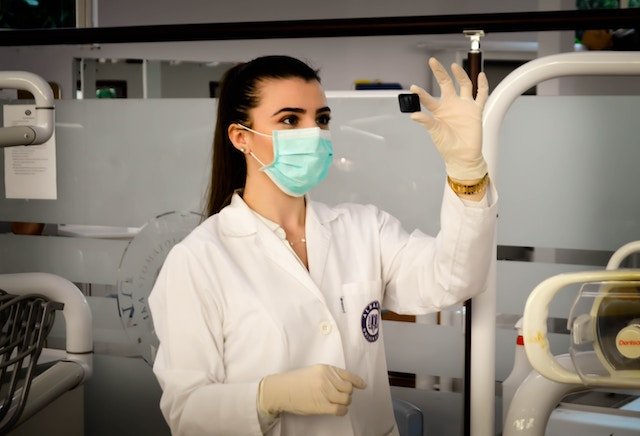
In a new study, researchers found a new way to kill pancreatic cancer cells by ‘pulling the plug’ on the energy generator that fuels calcium pumps on their cell surface.
They reported how switching off cancer’s energy supply causes the pancreatic cancer cells to become ‘poisoned’ by an irreversible build-up of calcium.
The research was conducted by a team at the University of Manchester and elsewhere.
Pancreatic cancer has some of the worst survival statistics and is notoriously resistant to standard treatments.
Therefore, identifying potential weaknesses of pancreatic cancer cells that could be exploited to selectively kill them is a central research strategy to tackle this devastating disease.
Previous research has shown calcium inside cells is normally beneficial as it controls numerous cell functions.
However, calcium levels are tightly controlled and normally kept at very low levels, as prolonged elevations in calcium lead to cell death.
This tight control is achieved by calcium pumps on the cell surface that use chemical energy to pump calcium out of the cell.
In the study, the team discovered that switching off the cancer cells’ energy supply causes these pumps to fail and calcium to rise, much like a damaged boat taking on water.
They carried out experiments on pancreatic cancer cells in the laboratory.
The team also found shikonin, originally extracted from the dried roots of the Arnebia plant that has been used in traditional Chinese medicine, was very effective at killing pancreatic cancer cells within just a few hours of treatment.
Treated cells had depleted energy levels, which in turn led to the failure of their calcium pumps and a toxic rise in calcium.
Shikonin also prevented the cells from growing and migrating, which implies an impact on cancer spread.
The team now intends to look for drugs that target similar energy-producing enzymes in cancer cells, and aim to test whether this approach could be developed into a new treatment for pancreatic cancer.
The lead author of the study is Dr. Jason Bruce from the Division of Cancer Sciences at the University of Manchester.
The study is published in the British Journal of Cancer.
Copyright © 2019 Knowridge Science Report. All rights reserved.



